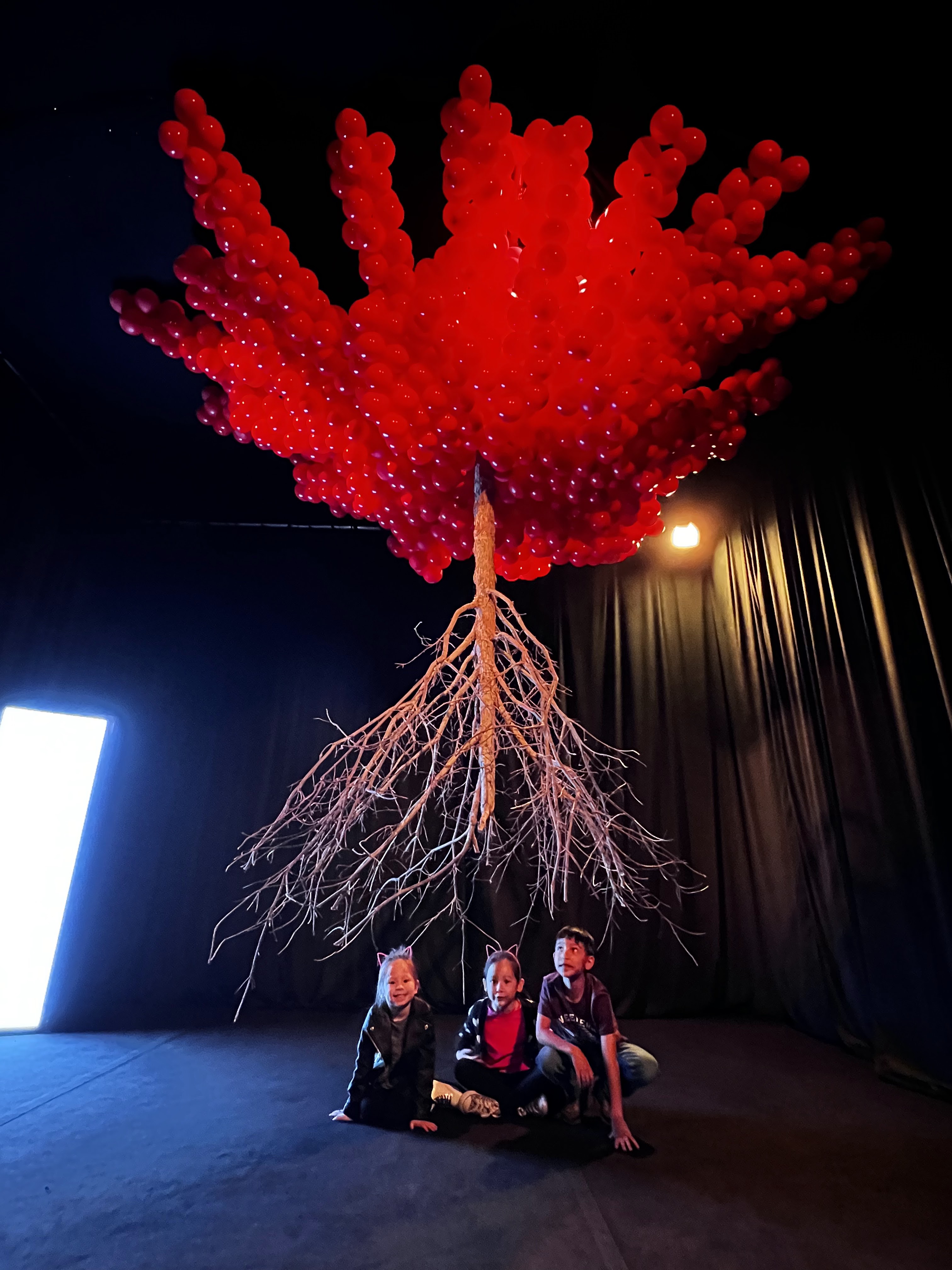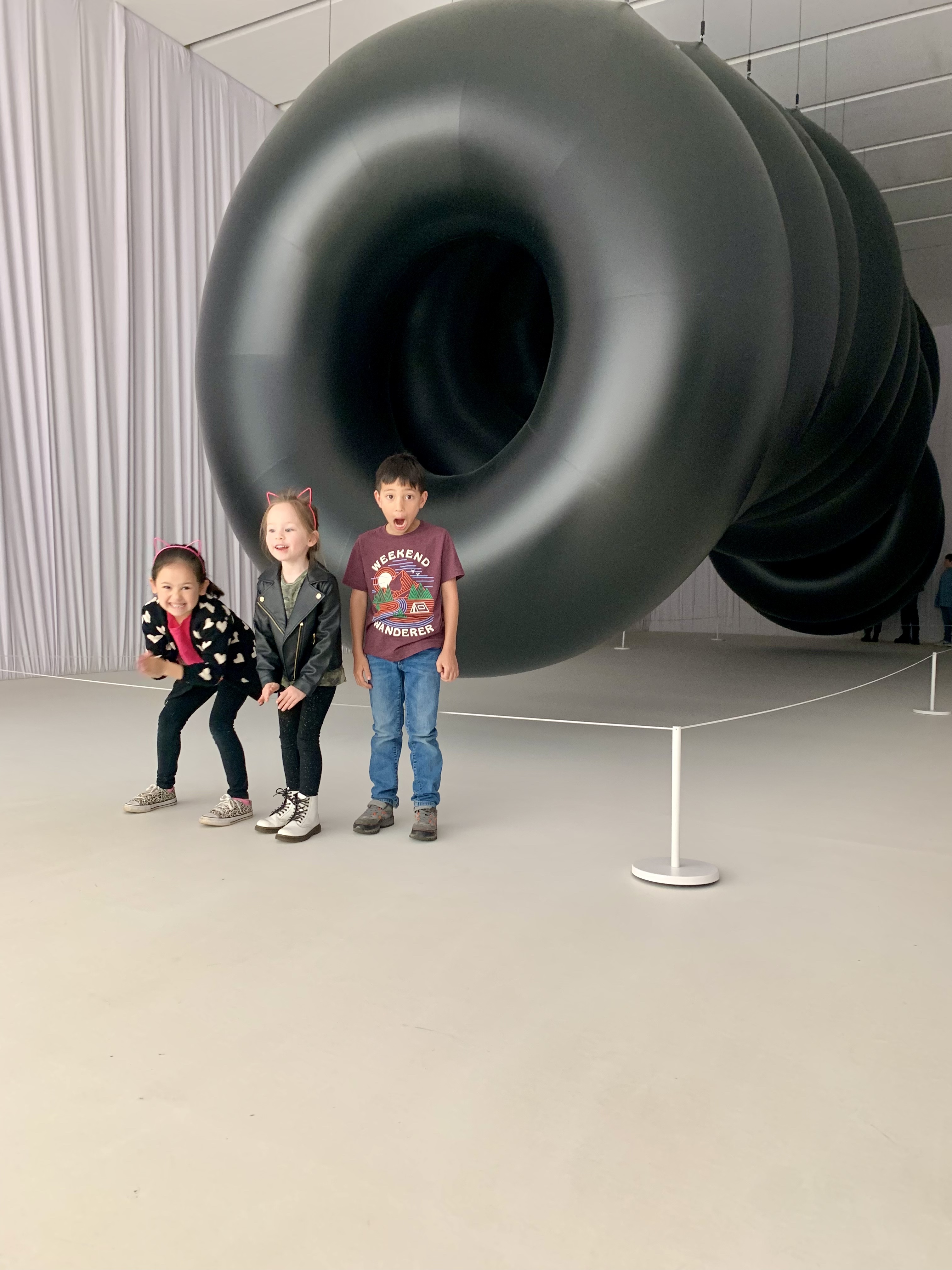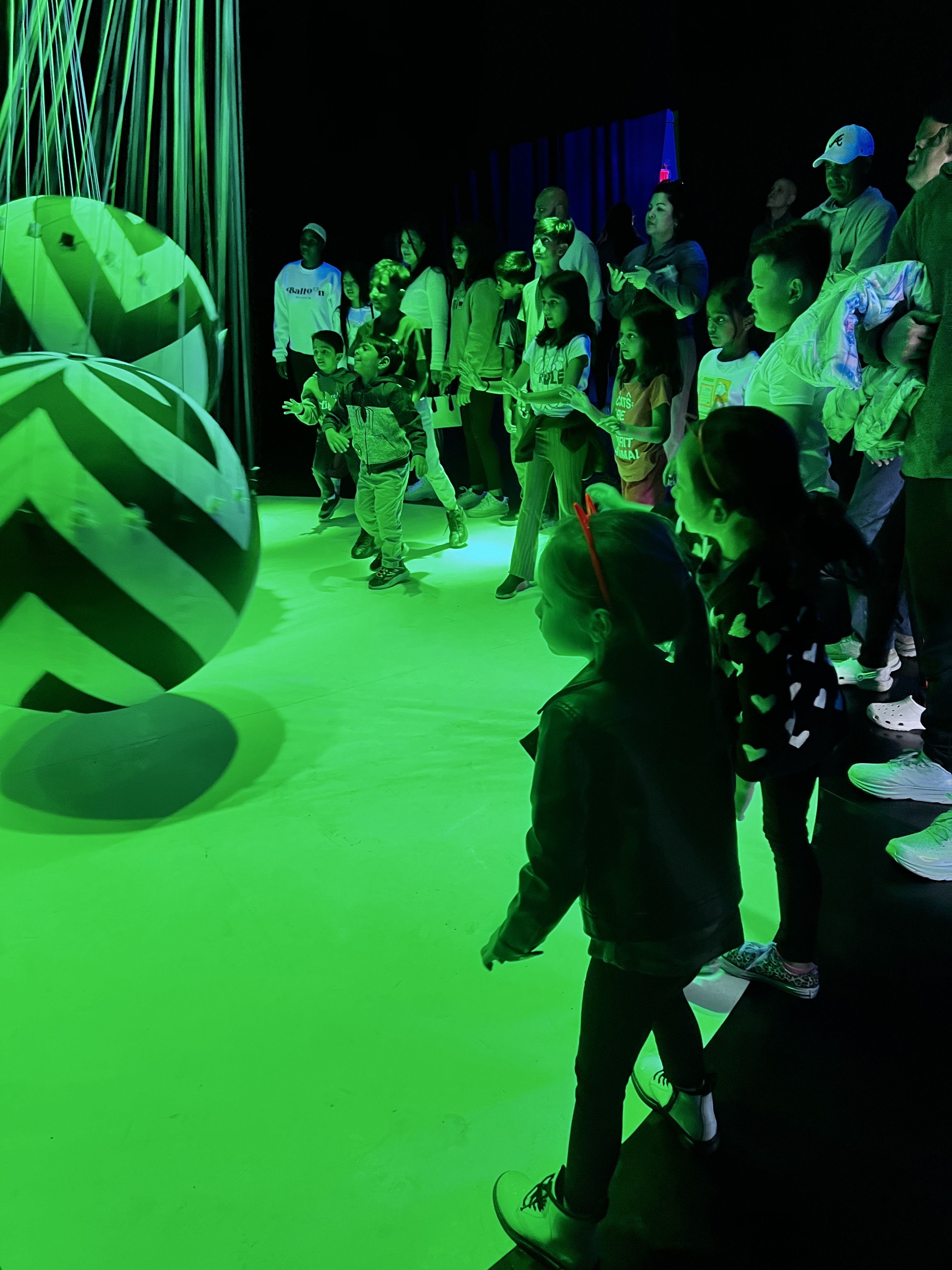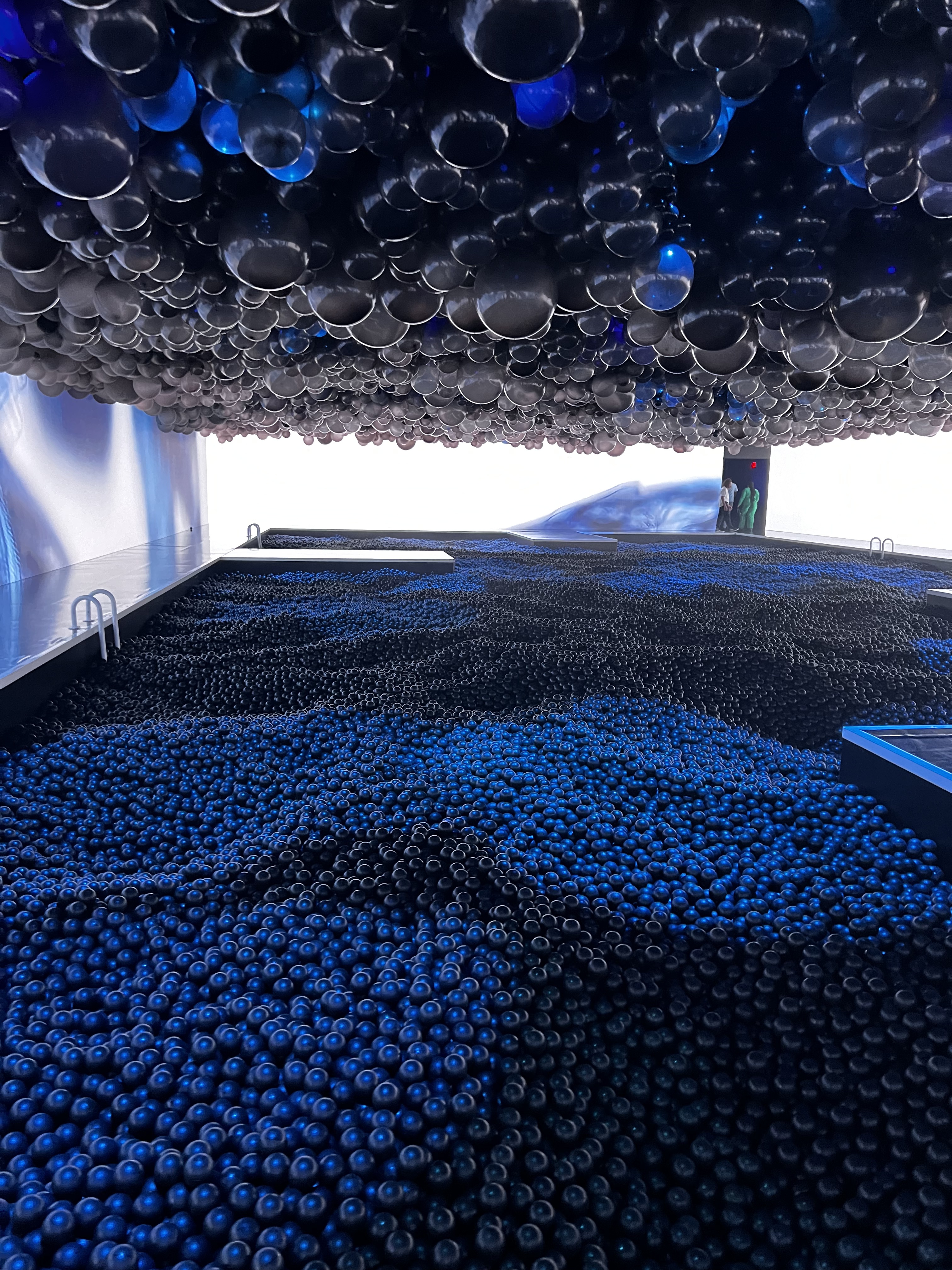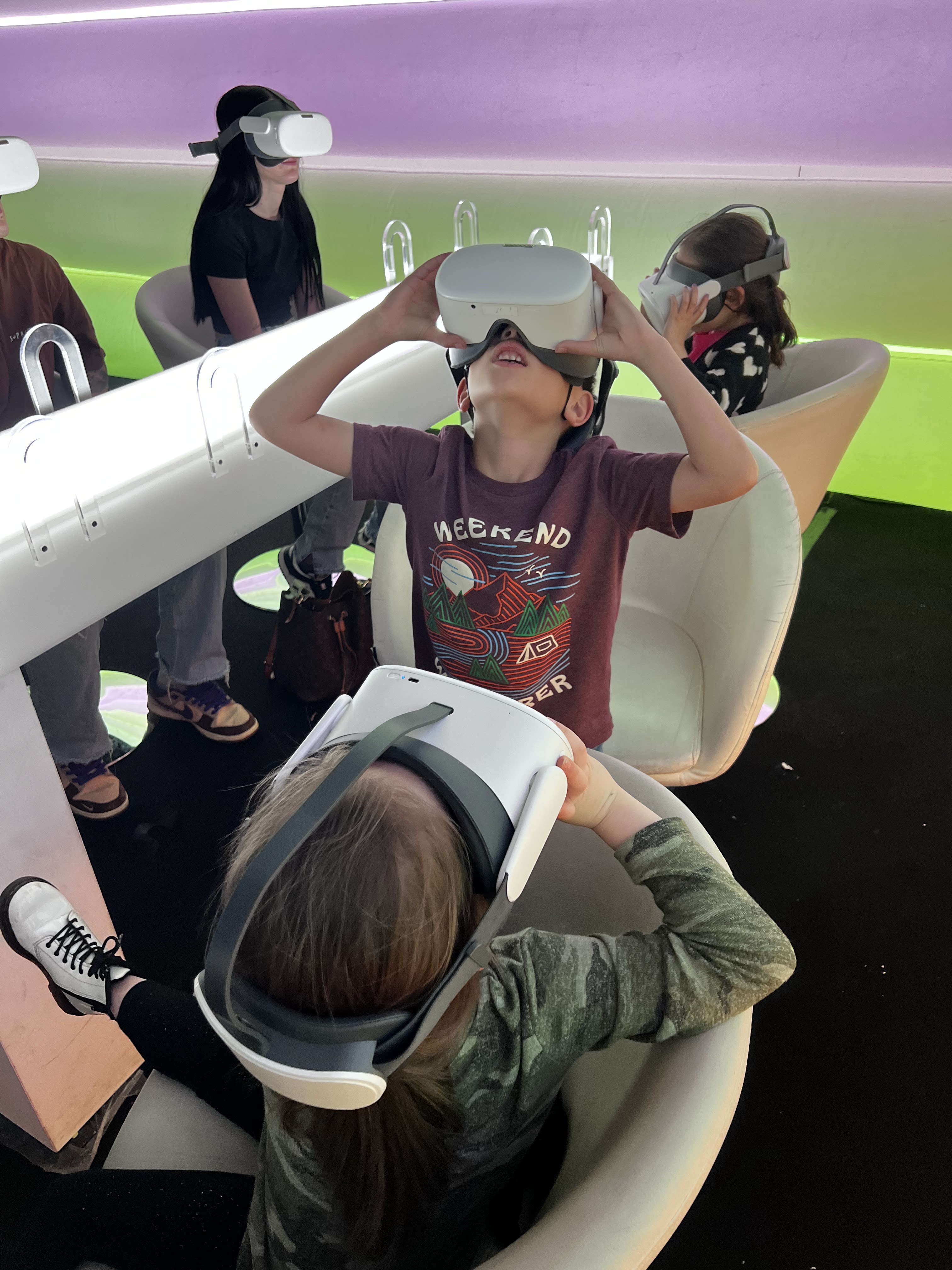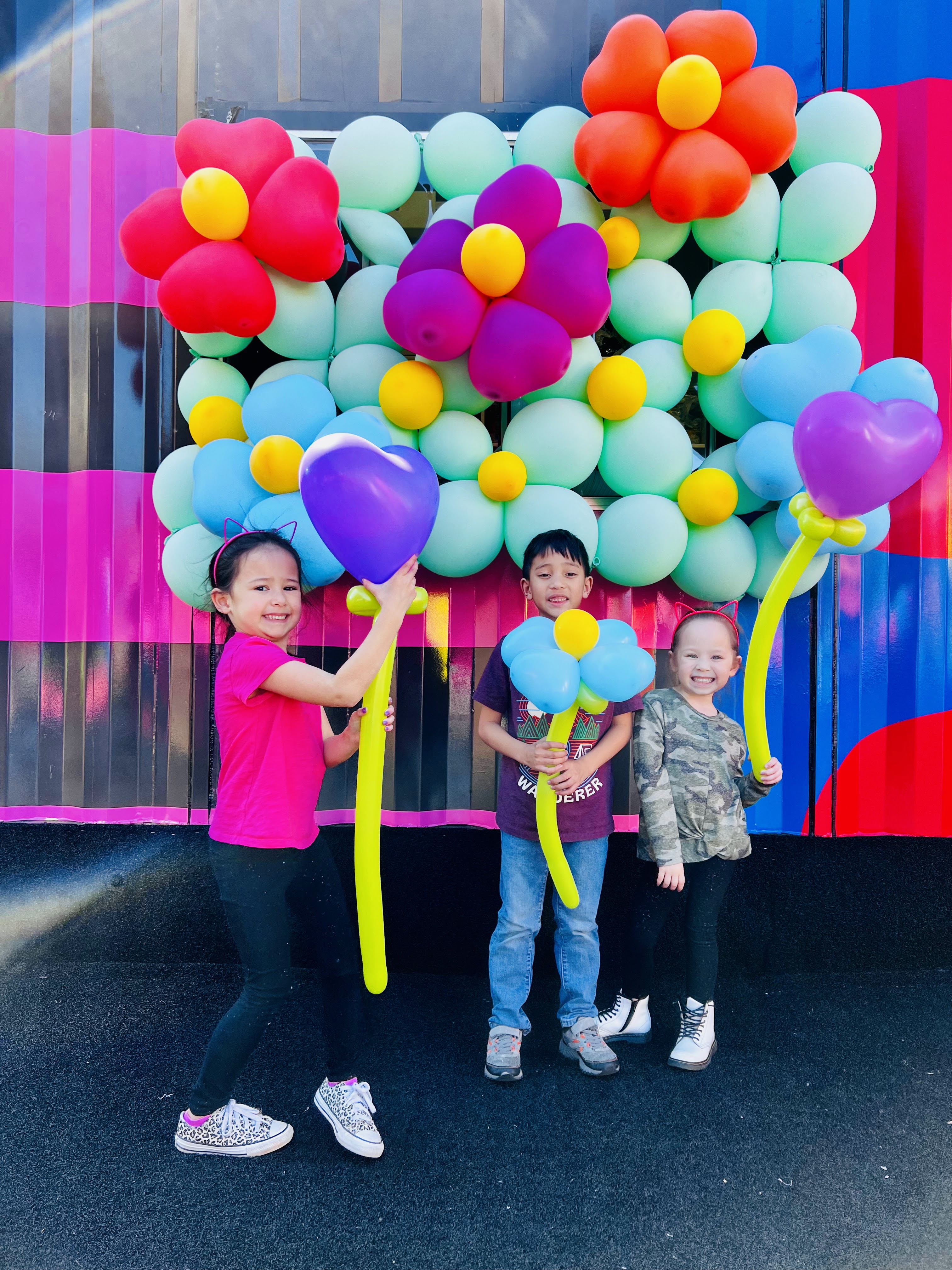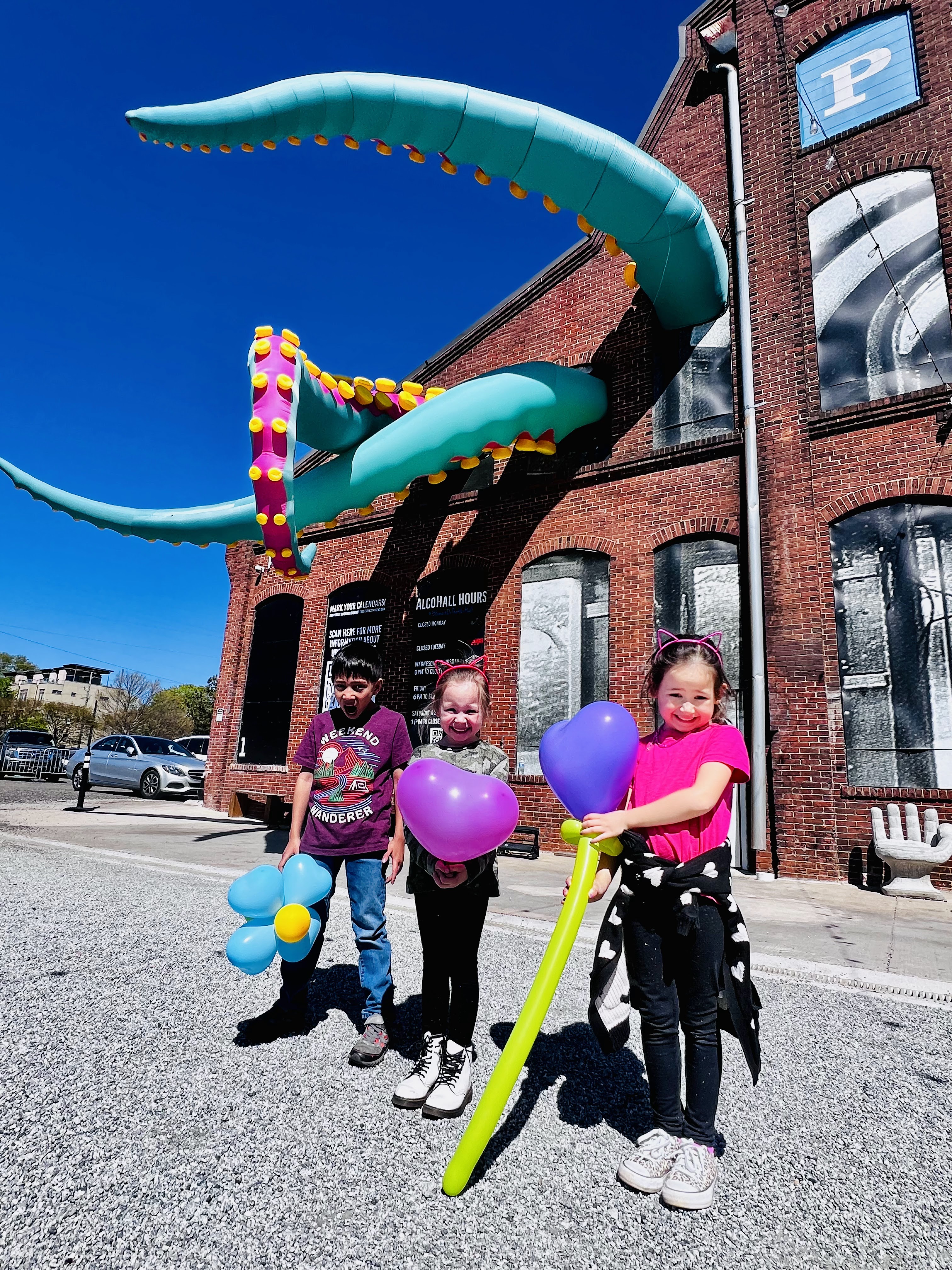
I’m just going to come out and say it: Gaming has gotten a bad rap.
Despite its associations with a sedentary lifestyle or as a catalyst for violence and aggression, new research has found that there’s much more to gaming and these negative connotations have no real proof.
That’s a good thing as gaming has evolved with our lifestyle and in its own medium. It is literally at our fingertips whenever we’re bored or want a quick escape from our daily life. And even if we don’t engage in video games, our kids definitely know about them; from YouTube videos and Twitch to classmates talking about it in school. In other words, gaming culture is here to stay and we’re here for it.
Continue reading

